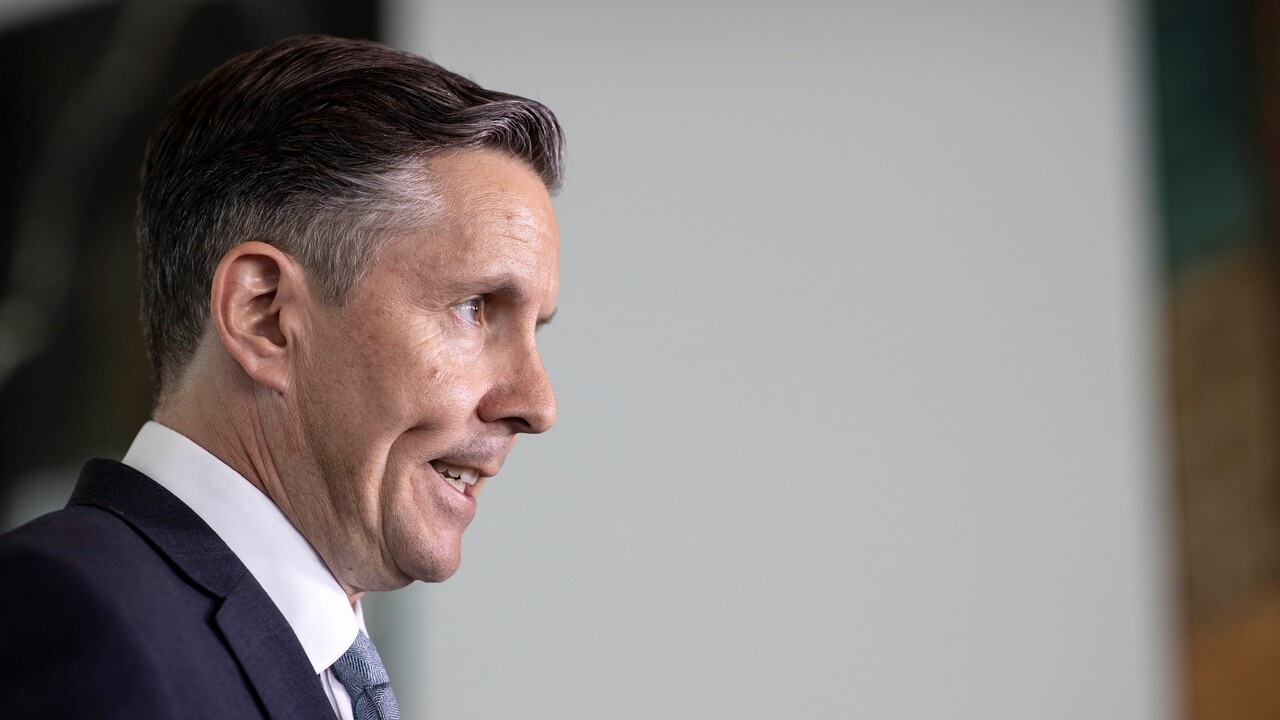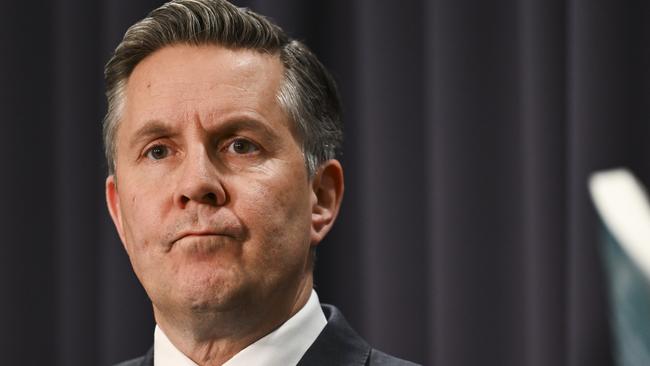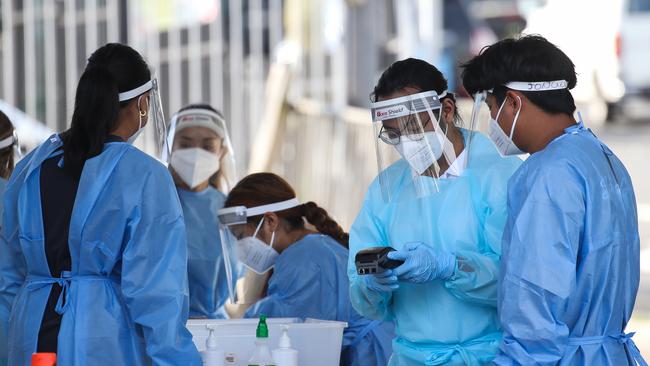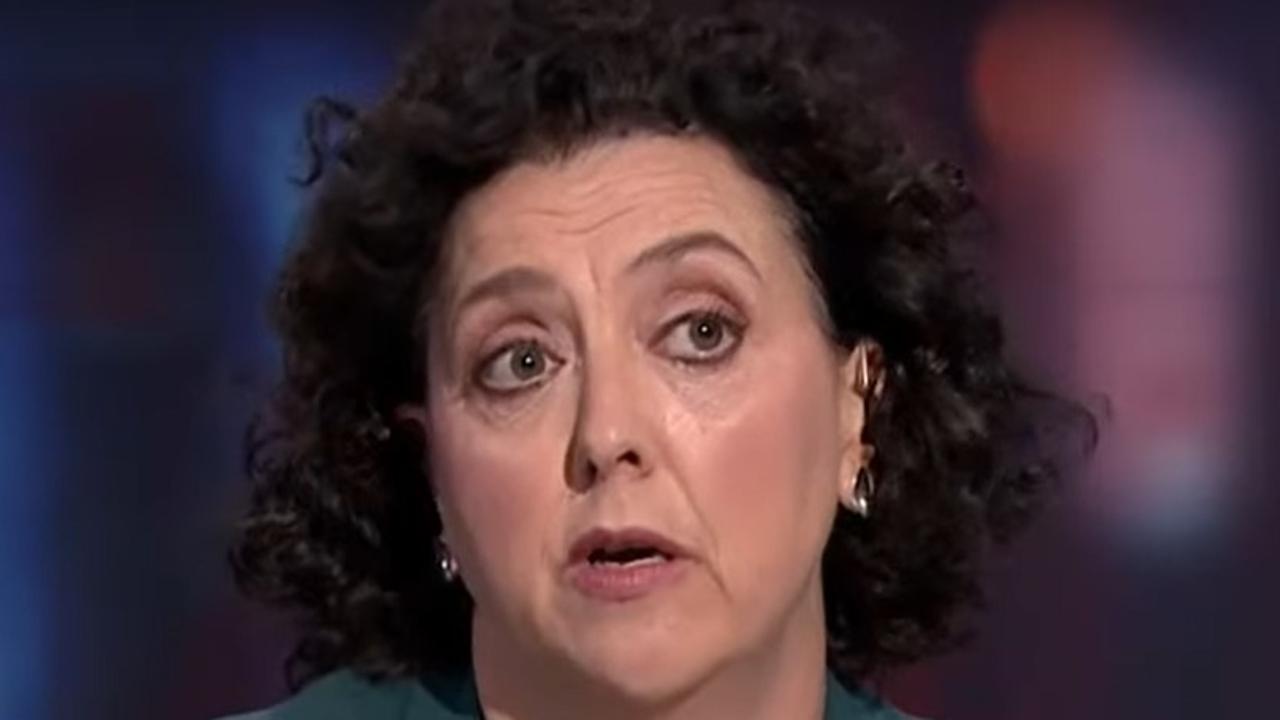Albanese government to commit $251m to establishing permanent Australian Centre for Disease Control
The centralised disease hub will be tasked with “stress-testing” Australia’s ability to cope with future pandemics and other major health emergencies.

Health
Don't miss out on the headlines from Health. Followed categories will be added to My News.
The Albanese government has pledged $251.7m to establish a permanent Centre for Disease Control tasked with ensuring Australia is prepared for the next pandemic, with hopes it will restore trust that was eroded during the Covid-19 pandemic.
The announcement follows a damning Covid Inquiry report which found Australians were “unlikely” to accept many of the restrictive and sweeping pandemic measures, with trust in the government at alarming lows due to “heavy-handed” restrictions and a lack of transparency around decision making.
The independent body, which is currently operating on an interim basis, will be tasked with “stress testing” Australia’s response to health emergencies and future pandemics, and will be a source for gathering critical information from trusted sources.
While its creation is reliant on legislation slated to be introduced into parliament next year, it has a current commencement date for January 1, 2026 and will be based in Canberra.

Health Minister Mark Butler acknowledged Australia’s pandemic preparedness was “grossly inadequate,” which in turn forced decision makers to “build the plane while it was flying”.
While “understandable,” he said Australia was too slow to move on from the initial “lock everything down” precautionary approach at the beginning of the pandemic which stalled approaches which were more “evidence-based” and “balanced risks and benefits”.
The first priority of the CDC would be to establish a “comprehensive joined up data and surveillance system” with states and territories, and increase the surveillance capability of wastewater surveillance.
Although Mr Butler acknowledged the loss of trust which resulted from the pandemic, stating that “trust is easily lost (and) hard to regain,” he said the CDC’s data-compiling abilities would offer Australians more confidence in the system.

“It’s exactly what the Australian community was crying out for,” he said.
“They wanted transparency, and they wanted to understand the rationale and the reasons behind decisions governments were taking that had such a significant impact on them and their children.”
When asked whether the Coalition would support the creation of a CDC, Mr Dutton declined to give a firm answer and said he would read through the report “in detail”.
“We support sensible recommendations, and we’ll look at the policies,” he said.
The establishment of a permanent CDC was a key recommendation in the Covid Inquiry report.
In addition to communicating data and conducting surveillance programs, it should also conduct a review in Australia’s overall pandemic preparedness every two years, in partnership with the National Emergency Management Agency.
Originally published as Albanese government to commit $251m to establishing permanent Australian Centre for Disease Control





